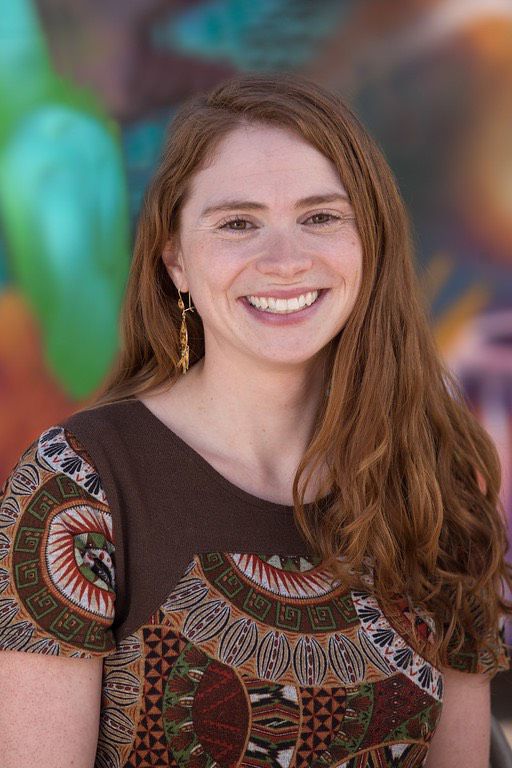Some information may be outdated.
The situation on the U.S.-Mexico border is a problem that transcends politics; it is a matter of human rights.
I often think of the people I met while volunteering in Tijuana, Mexico: asylum seekers fleeing danger and violence. I met people from all over the world: Mexico, Ghana, El Salvador, Guatemala, Cameroon, Honduras, Russia, Haiti, Nicaragua, Venezuela and Turkey. I often wonder, where are they now? Some may still be in Mexico, or in another country, or stuck in detention … or maybe they are here in the U.S., successfully seeking asylum and living a better, safer, life.
I volunteered on the border as part of my practicum as a Utah State University master’s of social work student. I independently traveled to Mexico to help people and to gain firsthand experience to bring back and share with my community. I would like to share some of those experiences with you.
Currently, asylum seekers (people fleeing their home country because of persecution due to race, religion, nationality, political opinion or social group) are being prevented from presenting themselves at U.S. ports of entry.
This is creating a bottleneck at the border. In Tijuana, neither the U.S. nor the Mexican government is taking responsibility for a metering system called La Lista, or “The List.” Each morning, Grupos Beta (a branch of Mexico’s National Institute of Migration) brings La Lista, a black composition notebook, to a plaza near the border and hands it over to an asylum seeker volunteering to be list manager.
People line up to add their names to La Lista, then are told to come back when their number might be called. Currently, the estimated wait is two months. In the meantime, many of these people — often families with young children — struggle to meet their basic needs.
Tijuana is not a safe place to be homeless.
As a volunteer with Al Otro Lado (a bi-national nonprofit serving indigent deportees, migrants, and refugees in Tijuana, Mexico), we begin each day at this plaza talking with asylum seekers, explaining La Lista and extending invitations to our free legal workshop each afternoon.
Our focus shifts when Grupos Beta gets the call from U.S. Customs and Border Patrol stating how many people from the list will be allowed to present themselves at the border that day. The list manager then begins calling names from the list, and the lucky few line up along the fence.
Volunteer attorneys offer emergency consultations and volunteers give warm clothes to prepare people for being in U.S. Border Patrol Detention Centers, which are often called La Hielera (The Ice Box) for their very cold temperatures. Asylum seekers use permanent markers to write the phone numbers of their U.S. sponsors on their arms so they know who to call if they have the opportunity. Parents write their full names and birth dates on their children’s bodies, in case they become separated. People are excited and anxious about the opportunity to seek asylum in the U.S. We try our best to prepare them for the difficult process that they are about to begin, but in the end, all we can do is wish them luck and wave as they are driven away in vans.
In the afternoon, at the legal clinic, I help with intake.
I ask “What happened?” “Who did it?” “Where did it happen?” “Did you go to the police?” “Is there any place you could safely relocate within your home country?” I could never be prepared for their answers. Some of the things that people have faced and lived through are horrific: physical violence, sexual violence and threats against loved ones. I wish I could share details about their stories with you, but they are not my stories to share. One thing I can tell you is that their resilience, bravery and courage is incredible.
Right now, people fleeing for their lives are being treated inhumanely by our country. This is unacceptable. This is not about politics, this is about human rights.
Joanna Onorato lives in Moab. She is a MSW student at USU and community advocate at the Moab Valley Multicultural Center. She is honored to share her experience volunteering on the U.S.-Mexico border with the Moab community.
“Tijuana is not a safe place to be homeless.”
Appreciate the coverage? Help keep local news alive.
Chip in to support the Moab Sun News.



